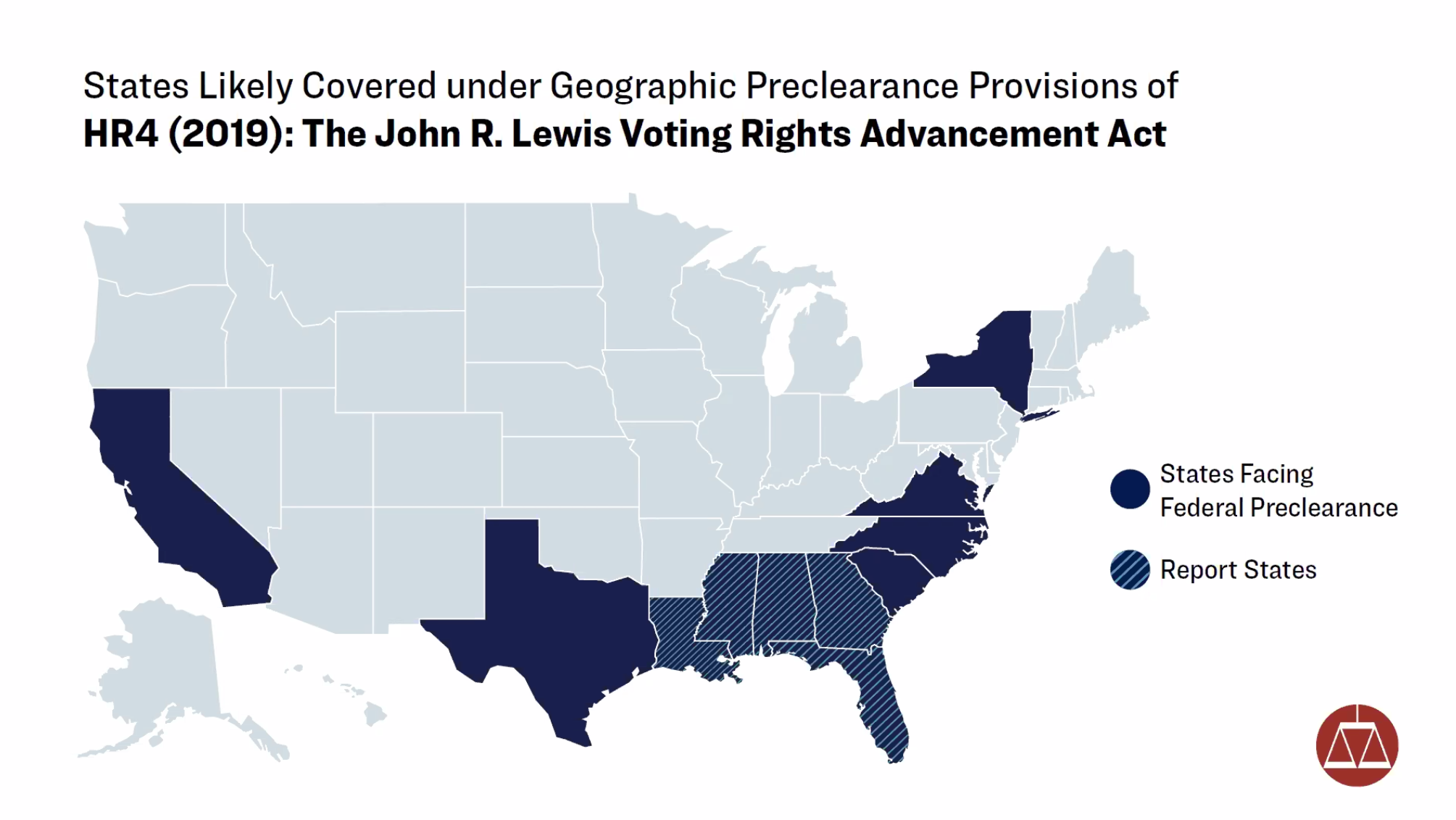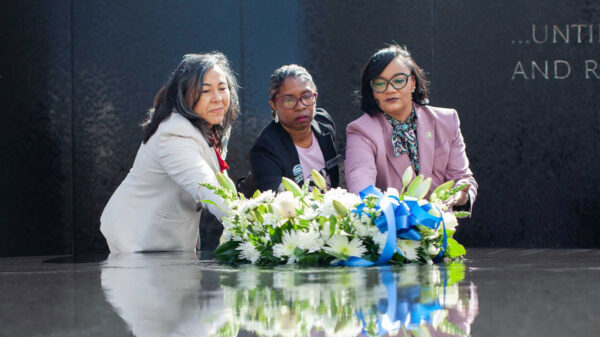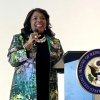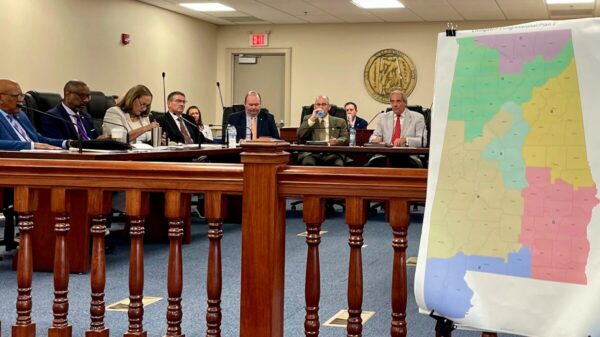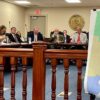A new report from the Southern Poverty Law Center studied how the 2020 general election played out in Alabama and four other Deep South states and concluded that record turnout happened in spite of mismanagement and outright voter suppression tactics.
The report, titled “Overcoming the Unprecedented: Southern Voters’ Battle Against Voter Suppression, Intimidation, and a Virus,” warns that disruptions of the census due to the pandemic and to actions of the Trump administration threaten the electoral power of communities of color when redistricting happens later this year, which would alter election maps for the next decade.
“Our new report makes clear that federal oversight like that included in the For the People Act and John Lewis Voting Rights Advancement Act is urgent and essential to strengthen our democracy,” Nancy Abudu, SPLC deputy legal director, said in a statement.
The report examined the five states where the SPLC has offices: Alabama, Florida, Georgia, Louisiana, and Mississippi. Margaret Huang, the SPLC’s president and CEO, said none of them did enough to make voting accessible for people trying to protect themselves from exposure to COVID-19.
“Making matters worse, lawmakers in the Deep South are ignoring the obvious lessons of the 2020 elections and proposing new legislation designed to make voting even more difficult. They’re justifying these voter suppression proposals with new renditions of old lies about voter fraud,” Huang said.
Wade Henderson, interim president and CEO of The Leadership Conference on Civil and Human Rights, said during a virtual press conference on Wednesday that the Biden administration appears poised to fight for voter protections and expanded access to voting.
The For the People Act, which has been passed by the House of Representatives, would make fundamental changes to American elections, including national automatic voter registration, same-day voter registration, two weeks of early voting in all states, equitable geographic distribution of early voting sites, protections against excessive voter purges, added oversight of election systems and the ability to vote by mail.
Henderson said that the John Lewis Voting Rights Advancement Act is equally important in that it would restore teeth to the Voting Rights Act of 1965.
The 2013 Supreme Court decision that relaxed oversight started in Alabama with the Shelby County v. Holder case. Now, 43 states are considering a total of 253 bills introduced by lawmakers who say they will protect election integrity, but which voting rights advocates say will unfairly restrict access to voting, especially to people of color.
The current bills represent four times the number of similar efforts just a year ago, Henderson said.
He said there are three main components worth noting of “the big lie” that widespread voter fraud cost former President Trump the election: the Jan. 6 insurrection, the state-level push for voting restrictions — a “second wave” of the effort that Trump launched during his campaign — and resistance to President Biden’s picks for the enforcement team at the Department of Justice.
Henderson said that efforts to derail the confirmations of Vanita Gupta as associate attorney general and Kristen Clarke as assistant attorney general for civil rights are due to their skill and effectiveness as civil rights attorneys.
If successful, Democrats’ initiatives stand to profoundly strengthen voting rights, proponents say, but the coordinated resistance from Republicans amounts to a historic assault on them, Henderson said.
“Democracy is in peril at a level not seen since the birth of Jim Crow voter restrictions in the 1860s,” he said.







































